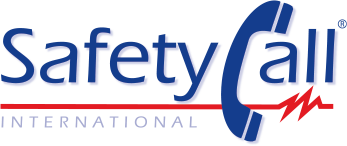SafetyCall International’s Dr. Ahna Brutlag joined a panel of industry experts to discuss changing the narrative around a product recall from a crisis to a normal business practice. The National Animal Supplement Council (NASC) webinar focused on simple improvements, technologies, and preparations and as key factors companies can employ to minimize the pain and chaos associated with recalls.
Dr. Brutlag talked about the importance of creating a solid Health Hazard Evaluation (HHE) to characterize the risk associated with a specification breach. The HHE is the tool used to tell the story of how the issue occurred, evaluate the risk for harm, and explain why you’re taking the action you are electing to take. At SafetyCall International, our job is to characterize the safety risk a deviation may pose to our client and their consumers so they can make the best decision possible. Dr. Brutlag went on to talk about the questions that need to be asked prior to determining if a recall is necessary or what level of recall might be warranted.
#1 “Have there been any reports of illness or injury from the product?” To answer this, the company needs to have a robust system to capture, code, and medically assess adverse events. From there, the company can determine if the reported adverse event is related or associated with use of the product.
#2 “Are there any existing conditions that might put a person or animal at further risk or increased risk of adverse medical consequences following the use of the affected product?” To adequately answer this question, medical judgement must be applied to understand the potential impact on the health and welfare of the target population.
#3 “How serious of a health hazard is involved with the affected products?” The company should articulate what would be the worst-case scenario for injury as well as the likely scenario of injury.
#4 “How likely is it that any given person or animal will experience adverse effects?” The response provides an assessment of the likelihood that a person or animal will come in contact with the product and experience adverse effects. It involves evaluation of market penetration, product shelf life, and product demand and accessibility among other factors.
Dr. Brutlag shared the following aviation analogy. “In a storm, it’s always better to be on the ground wishing you were in the air than in the air wishing you were on the ground”. If your company finds it’s self in the air (a potential recall crisis), it is important to have a solid information and analysis to make the best decision for the company and its customers.


